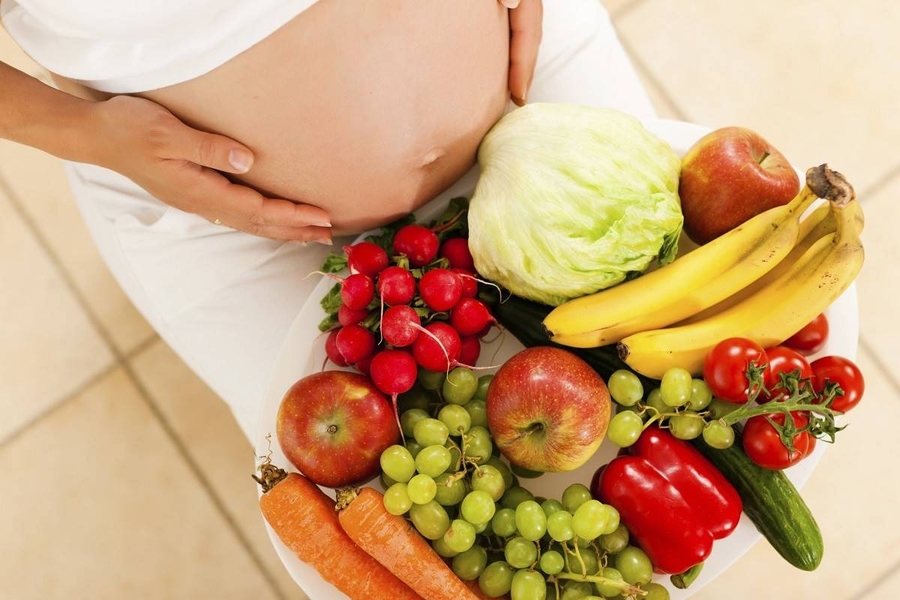
Essential Micronutrients Required During Pregnancy
3 Aug 2018 | 3 min Read
Dr Mugdha Gupte
Author | 2 Articles
Vitamins and minerals are collectively referred to as micronutrients and play a major role in pregnancy nutrition. They are vital for the optimum development of the pregnant woman as well as the growing baby. Deficiencies of these micronutrients can prove to be detrimental and have long-term effects, especially on the baby. Although required in small amounts, the importance of micronutrients cannot be emphasized enough, especially during pregnancy, since the body’s requirements see a manifold increase during this time.
Importance of Micronutrients
Numerous medical researches show that maintaining a healthy intake of micronutrients and taking supplements for the same during pregnancy can significantly reduce the risk of low birth weight in a baby. Micronutrients lead to the healthy development of tissues and prevent damage to them.
Vitamin C is vital for cell formation, hormone production, strong immune system, bone formation, and development of blood vessels in the baby. Vitamin C also enhances the absorption of iron and prevents anemia in the mother.
Vitamins B1, B2, and B6 help in the normal growth of the baby.
Minerals like iron and zinc are an important part of pregnancy nutrition since they boost the immune system of both the mother and the baby.
Minerals like calcium, magnesium, and phosphorus aid in the formation of bones and teeth in the growing baby and also help in preventing cramps in the mother. The need for these minerals increases up to 50% more during pregnancy, thus drawing attention to the importance of micronutrients.
Micronutrients Food
Although the intake of supplements to meet the daily requirements of micronutrients during pregnancy is quite commonplace these days, the supplements cannot be used as a replacement for a healthy and balanced pregnancy food intake.
Brightly colored fruits like berries and melons are a rich source of anti-oxidants and several vitamins that aid in the proper development of the baby. Berries also contain a very high amount of vitamin C that helps in iron getting absorbed better. As a general rule, have at least 2 bowls of different fruits every day.
Meat and dairy products like milk and yoghurt are essential for proper digestion.
Green and leafy vegetables are a rich source of iron and folic acid, and help in promoting the formation of red blood cells.
As you may already have guessed, your pregnancy food should be a combination of vegetables, fruits, and dairy products so that you can get the benefits of micronutrients. Load up your plate with colorful vegetables and snack on some nuts for healthy fats.
Iron in pregnancy is a crucial health requirement as iron deficiency during pregnancy can result in low birth weight in the baby and preterm delivery. The recommended dose of iron for pregnant women is 27 mg per day.
An adequate intake of vitamin A during pregnancy is vital for lung development of the baby.
Thus, in order to have a smooth pregnancy for the mother as well as the growing child, the benefits of micronutrients must be emphasized,and you should make sure that the intake of these micronutrients is regular and in adequate amounts.
A


Related Topics for you
Suggestions offered by doctors on BabyChakra are of advisory nature i.e., for educational and informational purposes only. Content posted on, created for, or compiled by BabyChakra is not intended or designed to replace your doctor's independent judgment about any symptom, condition, or the appropriateness or risks of a procedure or treatment for a given person.
